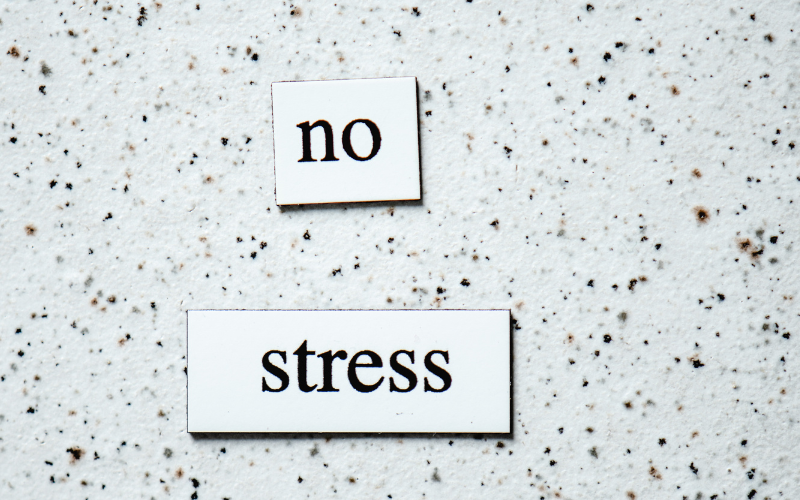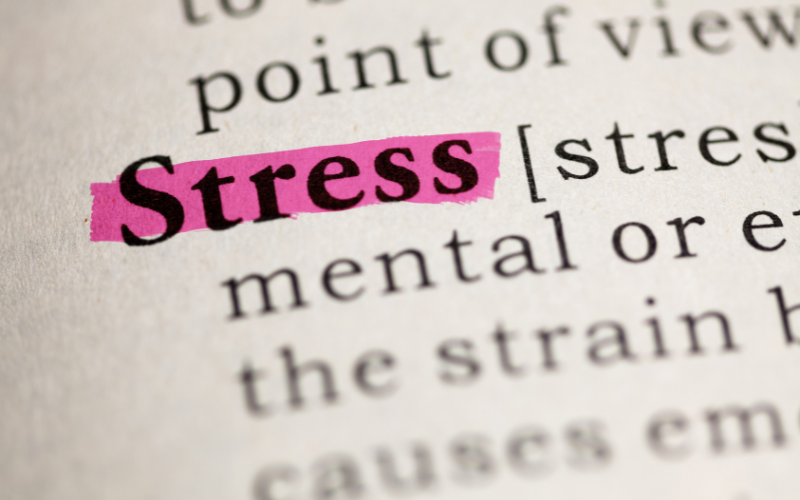Back pain is a widespread problem that afflicts millions of people globally. Stress is one of the many factors that can contribute to its development. This article delves into the relationship between stress and back pain, and highlights various techniques and solutions to manage both.
What is Stress?
Stress is the body’s natural response to challenging or perceived threatening situations. In small doses, stress can be beneficial as it prepares the body for action. However, chronic stress can have damaging effects on both physical and mental health.
How Does Stress Affect the Body?
Stress prompts the release of hormones such as cortisol and adrenaline, which can cause physical changes such as an increased heart rate and tightened muscles. Prolonged stress can result in various health issues, including back pain.
How Does Stress Cause Back Pain?
Stress can cause back pain in several ways. One of the most common ways is through muscle tension. When you are under stress, your muscles tense up, which can lead to pain and stiffness in the back.
Another way that stress can cause back pain is by affecting posture. When you are under stress, you may adopt a posture that puts extra strain on your back, such as slouching or hunching over. Over time, this can lead to chronic pain and discomfort.
Finally, stress can also weaken the immune system, making it more difficult for your body to fight off infections and other health problems. This can increase the likelihood of developing back pain and other conditions.
The Link Between Stress and Back Pain:
- Muscle Tension:
Stress causes muscles to tense up, leading to pain and stiffness in the back.
- Poor Posture:
Stress can also affect posture, causing individuals to adopt a stance that puts added strain on the back, such as slouching or hunching. Over time, this can cause chronic back pain.
- Weakened Immunity:
Stress can also weaken the immune system, making it challenging for the body to fend off infections and other health issues. This increases the likelihood of developing back pain.
Stress-Relieving Techniques for Back Pain:
- Exercise:
Regular exercise helps to reduce stress and enhance physical and mental well-being.
- Meditation:
Meditation and mindfulness practices calm the mind and lower stress levels.
- Deep Breathing:
Deep breathing exercises slow down the heart rate and calm the mind.
- Massage:
Massage therapy can relieve muscle tension and improve circulation, reducing back pain.

Can Therapy Help with Back Pain Caused by Stress?
Medications can help to relieve back pain caused by stress in some cases. Over-the-counter pain relievers such as ibuprofen and acetaminophen can help to reduce pain and inflammation. In more severe cases, prescription pain medications may be necessary.
It is important to talk to your doctor before starting any new medications, as they may have side effects and may interact with other medications you are taking.
Can Lifestyle Changes Help with Back Pain Caused by Stress?
Are you tired of dealing with back pain caused by stress? If yes, then making some lifestyle changes could be your way out. Lifestyle changes help reduce strain on your back, improve your posture, and relieve pain. Here are some effective tips and techniques to help you manage back pain caused by stress.
- Improving Posture for Reduced Strain. Improving your posture is one of the most effective ways to reduce back pain caused by stress. Poor posture can strain your back, leading to pain and discomfort. If you’re unsure how to improve your posture, seek advice from a specialist.
- The Benefits of Regular Exercise. Staying active and participating in regular exercise can help reduce stress levels, improve physical and mental health, and ultimately reduce back pain caused by stress. Exercise helps strengthen the muscles in your back and can reduce tension, making it easier to manage back pain. Consider incorporating exercises that focus on the core muscles to help support the back and reduce pain.
- The Importance of Getting Enough Sleep. Quality sleep is essential for both physical and mental health. It is crucial to get enough sleep to reduce stress levels and minimize the risk of developing back pain. When you’re well-rested, your body is better equipped to handle stress, and your back is less likely to be strained.
- The Advantages of a Healthy Diet. Eating a balanced and nutritious diet can help reduce inflammation and support overall health. This, in turn, can help relieve back pain caused by stress. Incorporate foods that are high in omega-3 fatty acids, such as salmon, and avoid foods that are high in sugar and unhealthy fats, which can increase inflammation in the body.
Can Chiropractic Care Help with Back Pain Caused by Stress?
Chiropractic care is a highly effective solution for reducing stress-related back pain. Chiropractors use techniques such as spinal manipulation to alleviate pain and improve posture. Regular visits can help maintain a healthy back and reduce the risk of back pain.
Can Acupuncture Help with Back Pain Caused by Stress?
Acupuncture, a traditional Chinese medicine technique, involves inserting thin needles into specific points on the body to restore balance to the body’s energy pathways, relieve pain, and improve overall health. Research has shown that acupuncture can effectively reduce stress-related back pain by reducing muscle tension, improving circulation, and reducing stress levels.

Conclusion
With the right combination of treatments and lifestyle changes, stress-related back pain can be effectively managed. It is essential to work with your doctor to create a personalized treatment plan. Whether it is through exercise, chiropractic care, acupuncture, or lifestyle modifications, reducing stress levels and managing back pain is attainable. Implement these tips and techniques into your daily routine and experience relief, improved overall health and well-being, and a pain-free return to the activities you enjoy.




